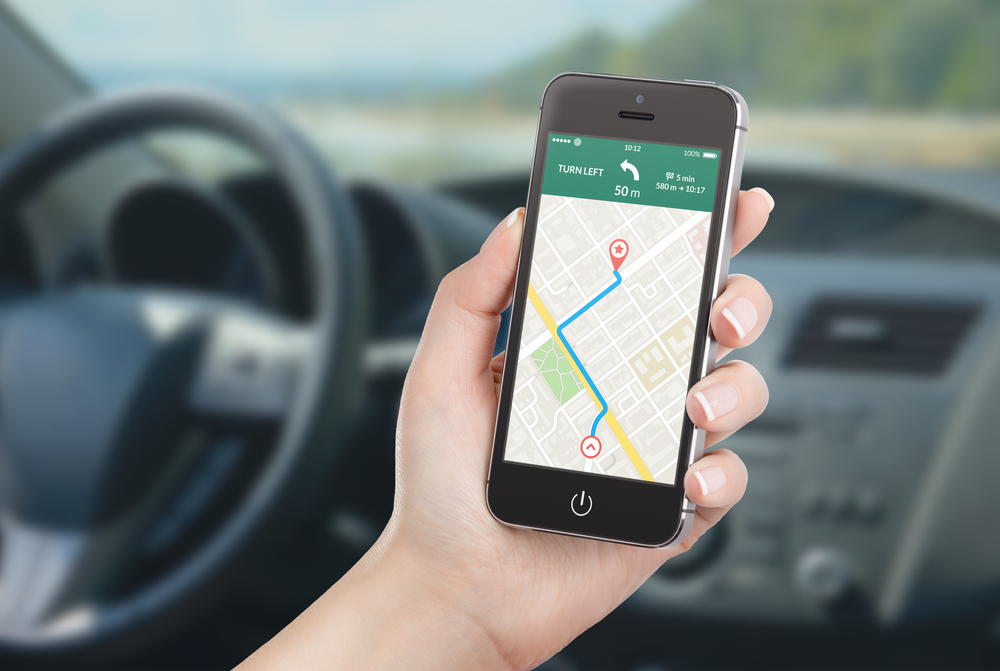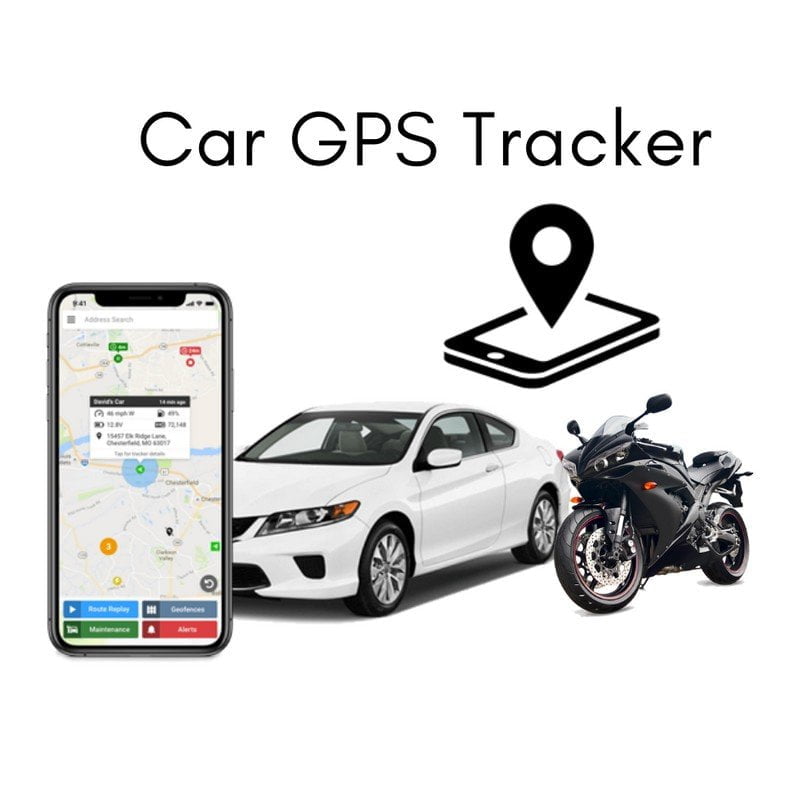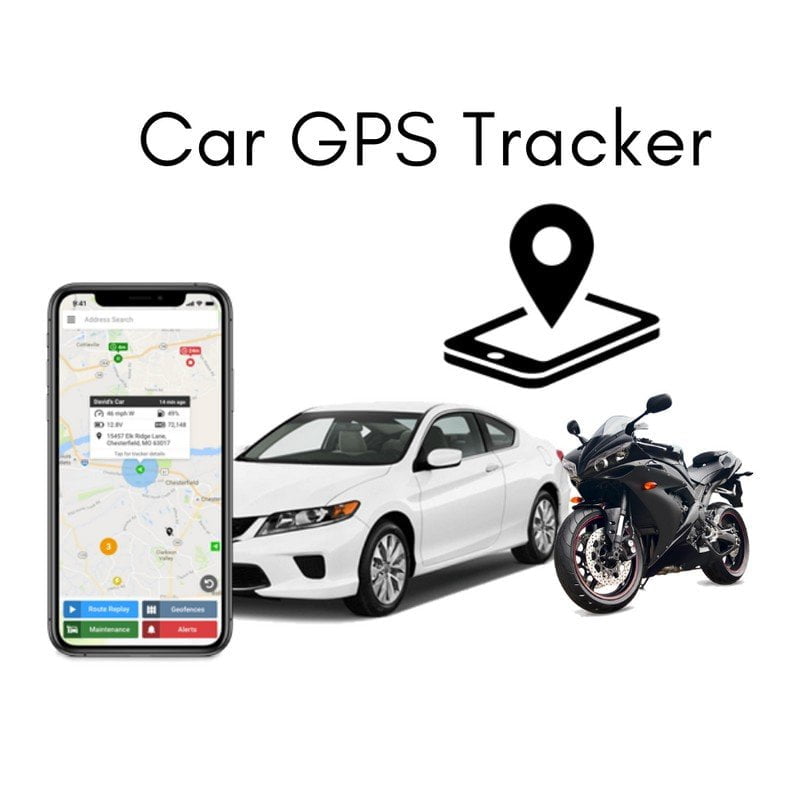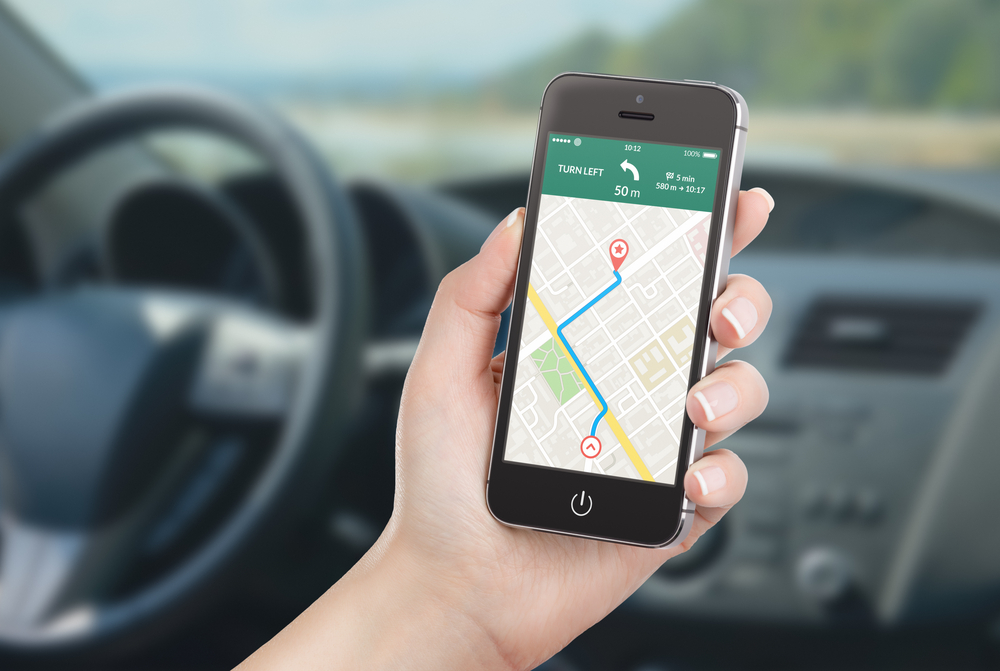
The Benefits of Using GPS for Vehicles: Safety, Management, and Efficiency
In an increasingly connected and fast-paced world, Global Positioning System (GPS) technology has become an essential tool for vehicle management, both for individual users and businesses operating large fleets. The use of GPS in vehicles offers a wide range of benefits that go beyond just navigation. From enhanced safety and fleet management to cost savings, GPS is a powerful tool that can improve service quality and operational efficiency.
In this blog, we will explore some of the key benefits of using GPS for vehicles and how this technology can bring positive changes to both personal use and business operations.
1. Improved Safety for Drivers and Vehicles
One of the greatest benefits of using a GPS system for vehicles is the significant improvement in safety, not only for drivers but also for the vehicles themselves. GPS technology can provide a range of services that help enhance security and prevent risks:
-
Locating vehicles in case of loss or theft: A GPS system can help track your vehicle in real time, making it possible to locate it in case of theft or misplacement. Users can access the vehicle's position through a mobile app or an online platform.
-
Monitoring speed and driver behavior: GPS systems can track the speed and driving habits of drivers, offering real-time alerts if certain thresholds are exceeded. This helps prevent accidents caused by excessive speed, sudden stops, or reckless driving. If the driver exceeds a predefined speed limit, the system can send alerts to fleet managers or users.
-
Assistance in case of an accident: Many GPS systems are equipped with emergency assistance features that automatically contact emergency services in the event of an accident. This can save lives and minimize damages, providing quicker responses to emergencies.
2. Fleet Management for Businesses
For businesses that operate fleets of vehicles, using a GPS system is an excellent way to improve efficiency and optimize operations. Some of the benefits for fleet management include:
-
Real-time vehicle tracking: GPS allows you to track every vehicle in your fleet in real-time. This is especially useful for ensuring that vehicles are being used efficiently and that drivers are following designated routes.
-
Route optimization: GPS systems can help analyze routes and find the shortest and most efficient paths, saving time and fuel. This contributes to reduced operational costs and increased fleet efficiency.
-
Fuel consumption and expenditure tracking: GPS can provide data on fuel consumption for each vehicle, allowing fleet managers to better manage spending and identify opportunities to reduce fuel costs.
-
Improved customer service: GPS enables you to provide customers with accurate and timely information about delivery times and service statuses. This can improve the customer experience, increase trust in your service, and create a more reliable business reputation.
3. Cost Savings and Increased Operational Efficiency
One of the primary advantages of using GPS for vehicles is cost savings and enhanced operational efficiency. Using this technology can lead to substantial savings for individuals and businesses operating fleets.
-
Fuel savings: By optimizing routes and avoiding traffic congestion, GPS can help reduce fuel consumption. This means vehicles will need less fuel to reach their destinations, which leads to lower daily operating costs.
-
Avoiding delays and traffic: GPS systems can help avoid traffic jams by offering real-time alternative routes. This reduces delays and helps drivers reach their destinations faster, saving both time and money.
-
Reducing vehicle damage: By monitoring driver behavior and providing recommendations for safer driving, GPS can help reduce the likelihood of vehicle damage, contributing to lower repair and maintenance costs.
4. Enhanced Driver and Customer Experience
For individual users, using GPS in vehicles is an excellent way to enhance the overall driving experience, making trips smoother and faster.
-
Easy and quick navigation: GPS systems provide accurate and clear directions to help drivers reach their destinations without the need for stopping and asking for directions. This is especially helpful for those traveling to unfamiliar areas.
-
Improving the travel experience: GPS can offer valuable information during the trip, such as traffic conditions, weather updates, and road events. This helps drivers stay informed and better prepared, ensuring a more comfortable and efficient journey.
-
Additional services and customization options: Many GPS systems allow users to personalize their experience by choosing faster routes, finding nearby gas stations, and even booking parking or other services along the way.
5. Fleet Management for Transportation and Logistics Businesses
For companies operating in the transportation and logistics sectors, using GPS for fleet management is a must. It enables better control over operations and helps optimize available resources.
-
Improved delivery management: GPS allows you to track deliveries in real-time, ensuring that goods and services are delivered to the right place at the right time. This can help streamline operations and reduce errors in deliveries.
-
Monitoring routes and destinations: GPS systems help track and optimize the routes taken by vehicles, allowing fleet managers to make adjustments if needed, saving time and improving efficiency.
6. Increased Driver Accountability
Using GPS technology also helps increase driver accountability by providing insights into driving behaviors and vehicle use. This is particularly valuable for businesses and companies with large fleets of vehicles.
-
Monitoring driver behavior: With GPS tracking, fleet managers can monitor how drivers are behaving on the road, including their speed, braking patterns, and adherence to routes. This helps ensure that drivers follow safe driving practices.
-
Improving safety and reducing accidents: Real-time alerts for unsafe driving behaviors, such as speeding or aggressive driving, can help prevent accidents and keep drivers and vehicles safe.
7. Environmental Benefits
GPS technology not only benefits businesses and drivers but can also have positive environmental effects.
-
Reducing carbon emissions: By optimizing routes and reducing fuel consumption, GPS systems can contribute to lower carbon emissions. This helps businesses reduce their environmental footprint while simultaneously lowering costs.
-
Promoting eco-friendly driving habits: Many modern GPS systems come with features that encourage eco-driving practices, such as reducing idling time, avoiding harsh acceleration, and promoting smoother braking.
8. Compliance with Regulatory Requirements
In many industries, especially in transportation and logistics, there are strict regulations that require companies to track their vehicles and ensure compliance with safety standards. GPS can help companies stay compliant with these regulations by:
-
Ensuring adherence to legal driving hours: GPS systems can help monitor the amount of time drivers spend behind the wheel and ensure that they are taking required breaks and following regulations for rest periods.
-
Maintaining detailed reports: GPS systems generate detailed reports on vehicle use, which can be useful for audits and inspections. These reports can help businesses ensure they meet regulatory requirements and avoid penalties.
Conclusion:
Using GPS for vehicles is a game-changing technology that offers numerous benefits in terms of safety, efficiency, and cost savings. Whether you are an individual driver seeking to make your travels easier and more secure or a business looking to optimize fleet management and improve customer service, GPS is a powerful tool that can make a significant difference.
From real-time tracking and route optimization to fuel savings and enhanced driver safety, GPS systems are essential in today’s fast-paced world. They help reduce operational costs, improve overall service quality, and ensure that both drivers and vehicles are protected. By integrating GPS technology into your vehicle management strategy, you can enhance operational efficiency, increase profitability, and offer a better experience for both your drivers and customers.



